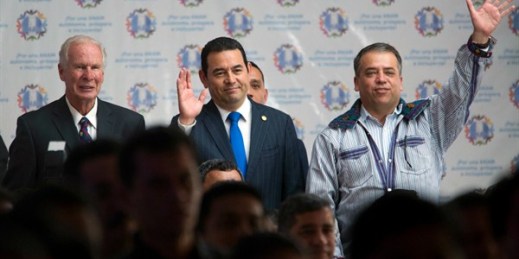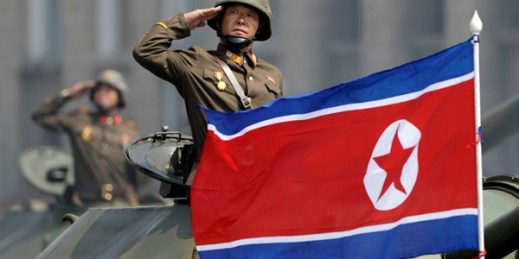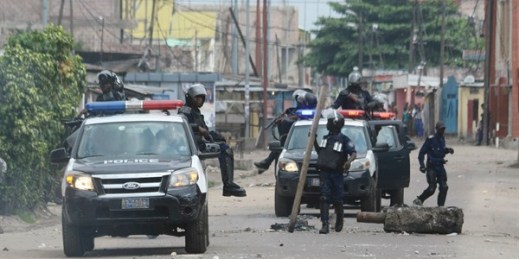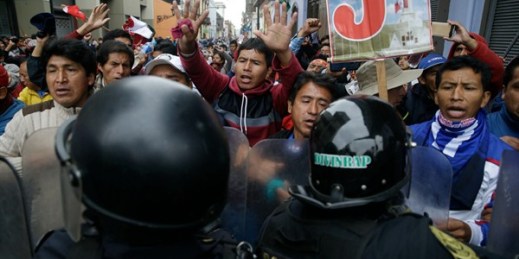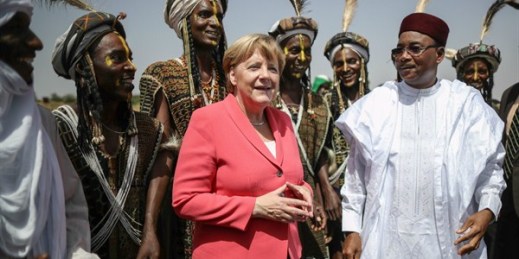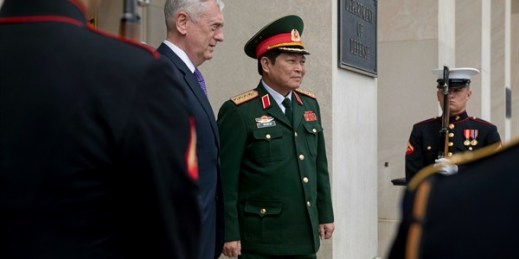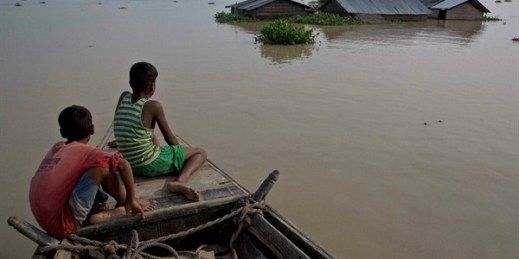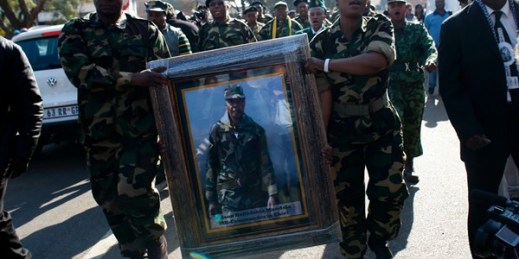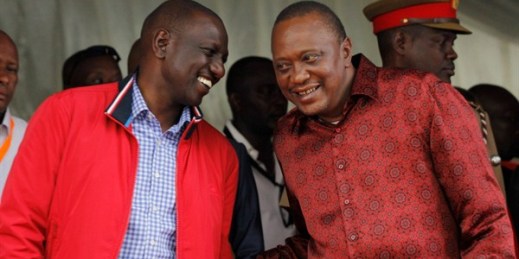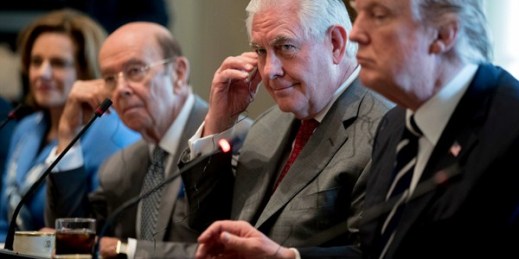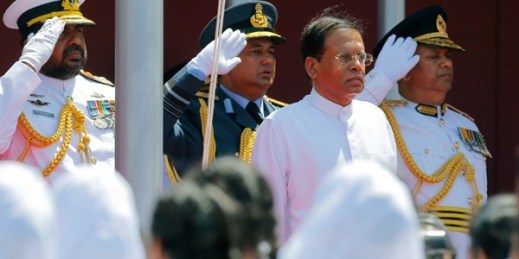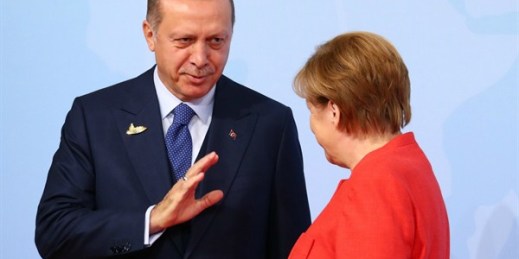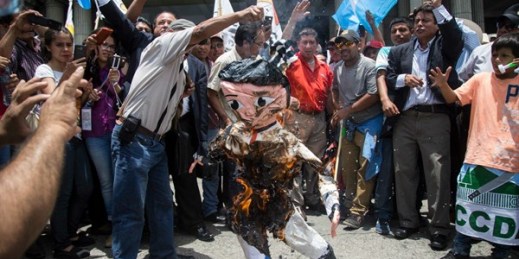
Two years ago, Guatemalans succeeded in pushing then-President Otto Perez Molina and Vice President Roxanna Baldetti out of office for corruption, thanks to the help of the U.N.-backed International Commission Against Impunity in Guatemala, or CICIG. Through its investigations, which brought thousands of protesters out into the streets, the commission found that Perez Molina’s administration had led a high-level graft ring, taking bribes from international businesses rather than collecting taxes for the state. Both leaders are currently in prison. It was an unprecedented moment of accountability for a country that suffers from high rates of impunity. But it was just […]

